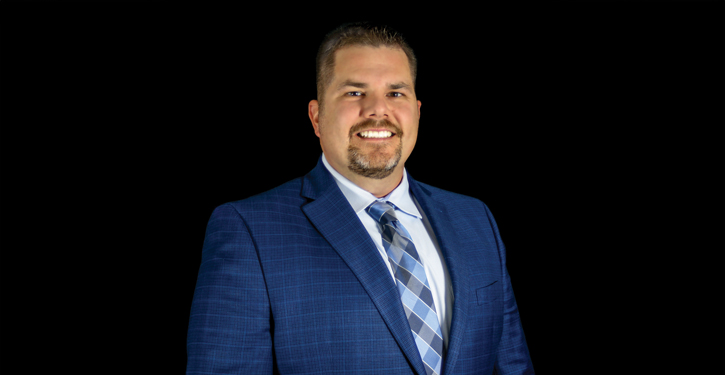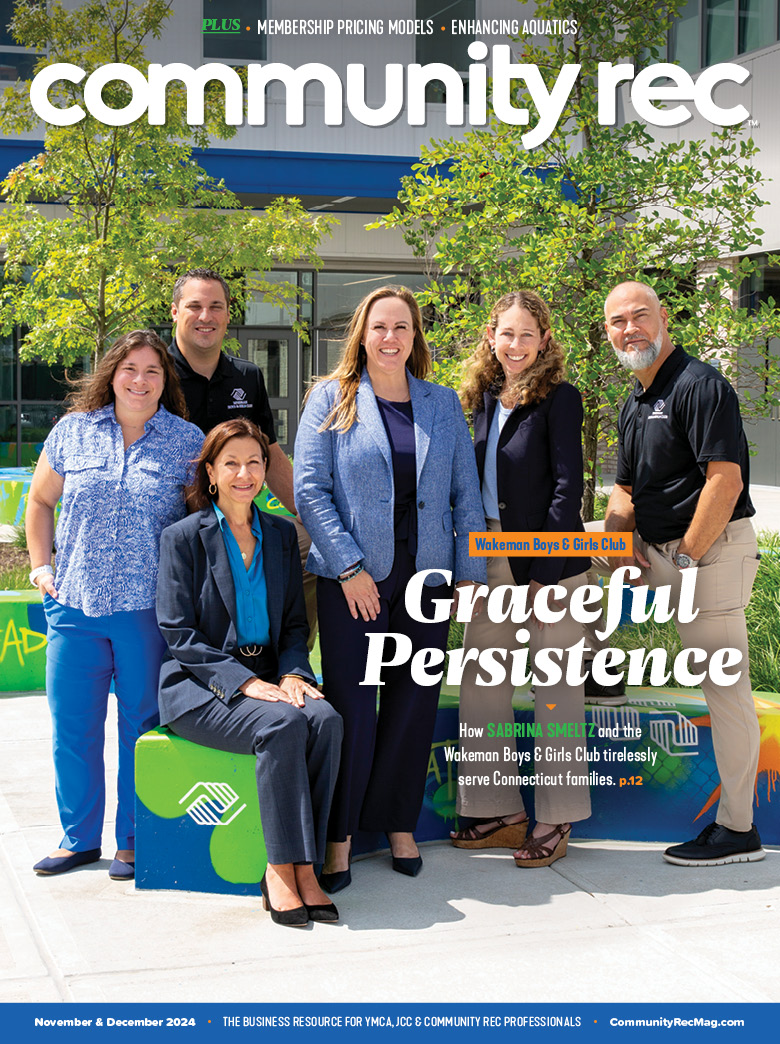In The Last Word, we sit down with an industry expert to share their wealth of knowledge. In the 2024 November/December issue, the conversation features Daniel Lawrence, the division manager of the City of Greeley-Recreation.
1. How did you get started in the community recreation industry?
DL: As a student employee at Western Kentucky University, it wasn’t until my senior year I found out I could make recreation a career. After changing majors five times, a conversation with my supervisor one week before my senior year led me to declare Recreation Administration and opened doors to a graduate assistantship at Belmont University. After a 20-year career in campus recreation and being a longtime volunteer within youth sports, I made the transition to community recreation.
2. What’s been a key to your team’s success? What are you most proud of?
DL: At each organization I’ve had the privilege to lead, I’ve always been extremely lucky to have a team of passionate individuals. We’ve had to pivot, adapt and be versatile to make the greatest impact and meet specific community needs. My teams have always put others first and are willing to jump in feet-first when called upon. From emergencies, youth enrichment opportunities and capital projects, we keep the community need our priority.
3. What has been one of the biggest accomplishments of your career?
DL: Serving as the director of Campus Recreation at Utah State University (USU) and director of recreation for the City of Greeley, Colorado. Being a first-generation, low-income student, I’m very proud of my career path, the challenges I’ve faced and the mentors who kept me on track. Having the privilege to lead amazing teams at USU and Greeley has been a dream come true. I tell my team to find their passion and make it a career. I believe I did just that.
4. What has been one of the biggest challenges you’ve faced in your career?
DL: Losing the direct day-to-day interactions and mentorship with student employees and young professionals. Most professionals in the field chose this career path to work with young professionals and have an impact on future leaders and the community. As I’ve had the privilege to move into an executive leadership position, I don’t get as much interaction as I did earlier in my career. I must find meaningful ways to interact with students and part-time staff — such as teaching — to keep my passion alive and feeling fulfilled.
5. What is one lesson you have learned that other community recreation professionals can learn from?
DL: In graduate school I had the opportunity to hear Patrick Lencioni speak. The message I still live by to this day is, “Leaders are always on stage.” Your words and actions have meaning, and the higher your level on the organizational chart, the more a misspoken word, display of raw emotion or slip of the tongue can possibly hurt you and your people.
6. Tell us one fact about yourself others may not know.
DL: After I became engaged to my wonderful wife, she wanted someone to play with as she’s an avid hockey player. So, knowing I played catcher in baseball for 12 years, she told me I was going to be a goalie. I just celebrated 12 years on the ice, and I’ve been known to stand on my head a time or two.










